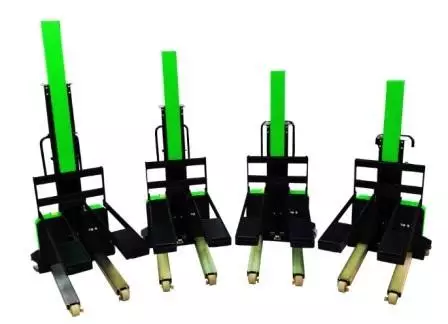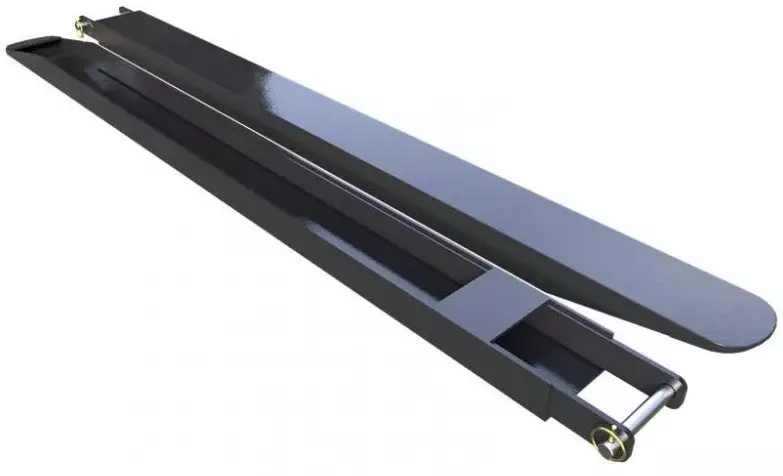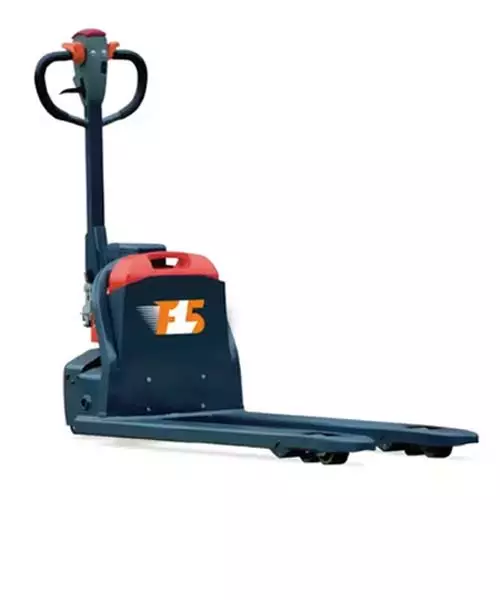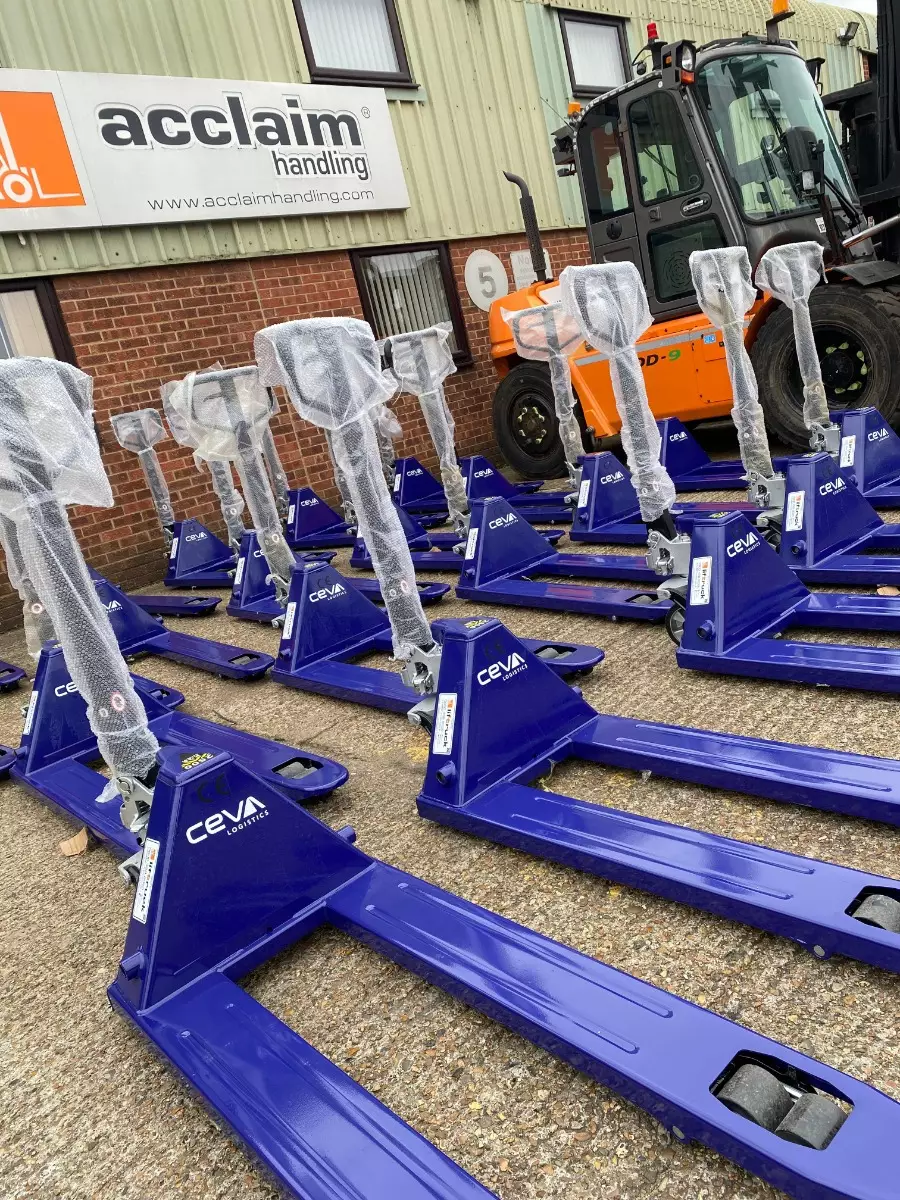LOADING ONTO VEHICLES
Here at Pallet-trucks.co.uk we are often asked about the best type of equipment to use for loading and unloading onto vehicles, and in particular Vans.
Whether you are un/loading onto a Lorry or a Van, arguably the best equipment to use if often the Forklift, however this may not be practicable for certain applications, or customers’ budgets.
So what other options are available to avoid or reduce the strenuous work of “hand balling” loads on and off Vans and Lorries?
The most cost effective of un/loading goods onto vehicles like vans and lorries will depend upon whether the goods themselves are either palletised or unpalletised boxed loads.
For a Palletised load the most economical option would be a Manual Stacker, like our WMS1000/3000. NB if you are handling both Euro and CHEP Pallets then you would need a Straddle Stacker like our LTKISA RANGE.
Often customers initially consider a high lift pallet truck like our HL1500C however whilst these are good for handling pallets, and are especially useful for picking to and from an assembly/packing line; they are not recommended for un/loading a palletised load to/from a Van because the scissor legs at the bottom prevent the high lift pallet truck from getting close enough to the back the of the van to safely unload the pallet.
For customers looking for a solution where the lifting equipment is easy to get both the load and itself onto the vehicle, then our SELF LOADING PALLET TRUCK is perhaps the ideal solution; because that is exactly what it is designed to do. These are much better than tail lifts are they are not connected to the vehicle themselves; so even if one of your commercial vehicles breakdown, you can simply load the Self Loading Pallet Truck onto another one, and so, you don’t lose both vehicle and means of lifting loads.
IMPORTANT NOTE: As with all Material Handling Equipment and Forklift Attachments, we would always recommend that all organisations have their own Health & Safety Risk Assessment conducted, prior to use.
"





















